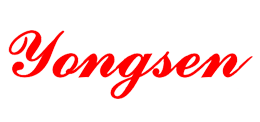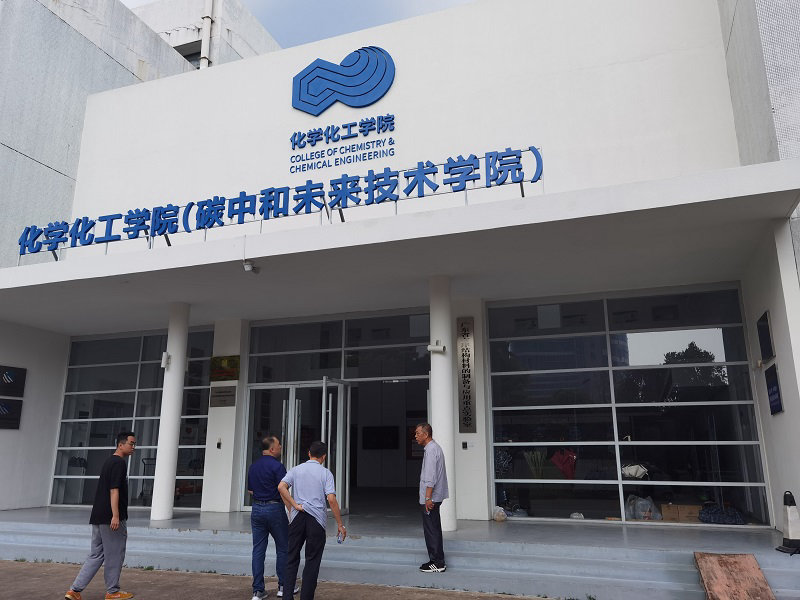Yongsen intelligence and Shantou University School of Chemistry and Chemical Technology Exchange
Shenzhen Yongsen Intelligent Technology co-operates with Shantou University College of Chemistry & Chemical Engineering to explore the future development direction and power consumption application scope of inverter technology.
With the continuous development of technology, frequency converter technology, as an important component of modern industrial control, has an increasingly wide range of applications. In order to further promote the development of frequency converter technology, Yongsen Intelligence has cooperated with the School of Chemistry and Chemical Engineering of Shantou University to jointly explore the future development direction and power consumption application range of frequency converters.
1、 The current status of frequency converter technology
A frequency converter is a device that converts fixed frequency AC electricity into variable frequency and voltage, and is widely used in fields such as motor control, energy management, and automated production lines. At present, frequency converter technology has made significant progress, with characteristics such as high efficiency, high precision, energy conservation, and environmental protection. However, with the rapid development of Industry 4.0 and intelligent manufacturing, the demand for frequency converter technology is also increasing, requiring continuous technological upgrades and innovation.
2, future development direction
①. High performance: With the improvement of the level of industrial automation, the performance requirements of the inverter are becoming higher and higher. In the future, the inverter will develop in the direction of higher frequency, higher precision, more stable and reliable to meet the needs of various complex working conditions.
②. Intelligence: With the development of artificial intelligence technology, the frequency converter will gradually realize intelligence. By introducing artificial intelligence algorithm, it can realize adaptive control, predictive maintenance, fault diagnosis and other functions, and improve the intelligent level of inverter.
③. Green environmental protection: With the improvement of environmental awareness, the requirements for energy conservation and emission reduction of frequency converters are becoming higher and higher. In the future, the inverter will pay more attention to green design, reduce energy consumption and emissions, and help sustainable development.
④. Modularity and customization: With the diversification of application fields, the demand for customization of frequency converters is also increasing. In the future, the frequency converter will gradually achieve modular design, which can be customized according to customer needs to meet the special needs of different industries.
3、 Power consumption application range
①. Motor control: Frequency converters are the most widely used in the field of motor control. By adjusting the input frequency and voltage of the motor, stepless speed regulation of the motor can be achieved, improving production efficiency and energy conservation and emission reduction.
②. Energy management: The application of frequency converters in the field of energy management is becoming increasingly widespread. By monitoring and adjusting the operating status of equipment in real-time, energy optimization and energy conservation and emission reduction can be achieved.
③. Automated production line: In automated production lines, frequency converters are an important control component that can achieve automated control of equipment and optimization of production processes.


